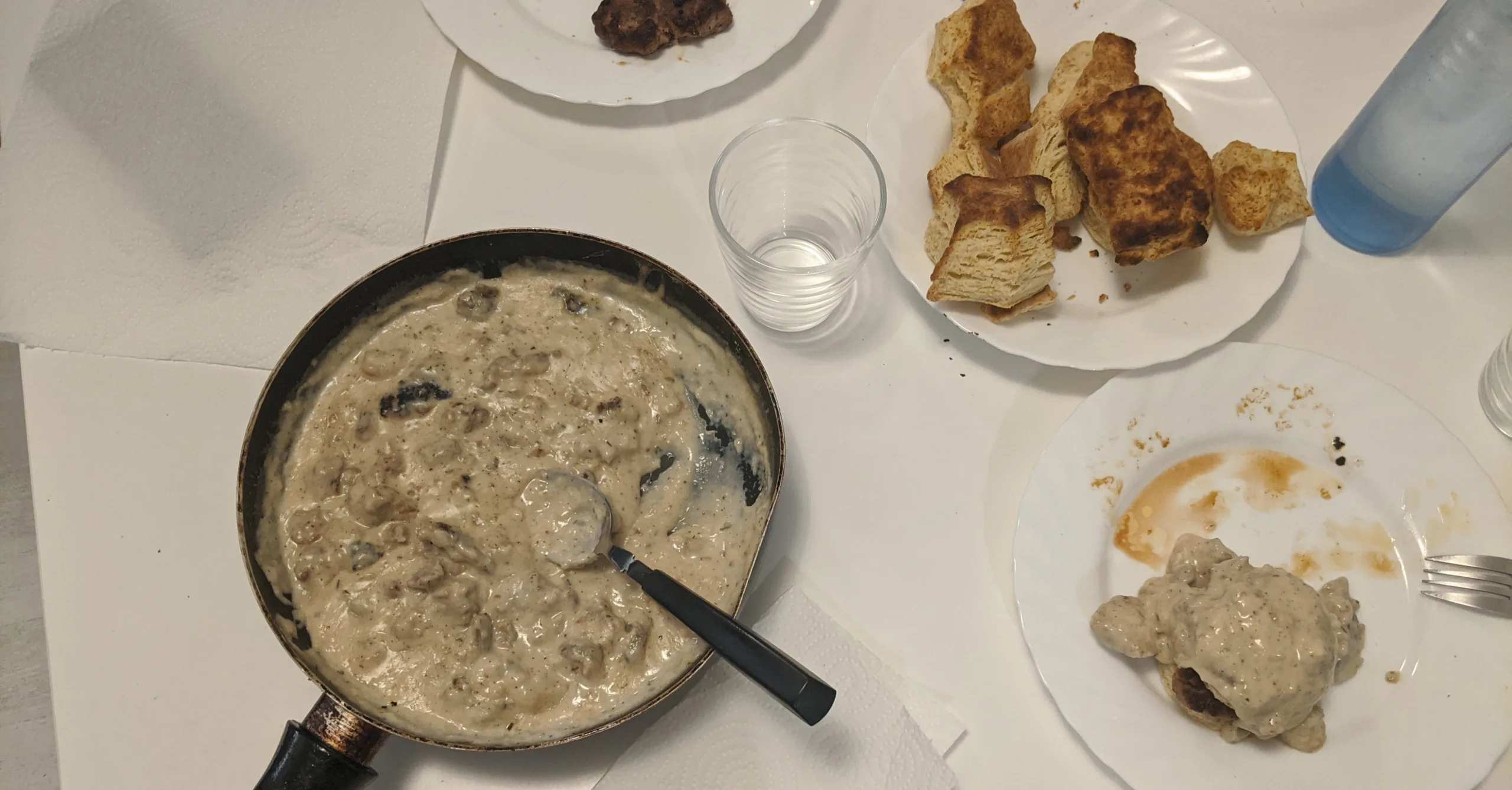Over the last 20 years, more than 5 million Venezuelans have left their own country. Having become the largest refugee crisis in Latin America, the Venezuelan crisis is estimated to pass the Syrian Refugee Crisis by the end of 2020. However, unlike most refugee crises, this one was not caused by a horrific war or a devastating natural disaster. Rather, it was caused by the complete collapse of a once-prosperous economy.
Mismanagement and corruption, along with socialist policies implemented by Chavez and Maduro have driven the country to the brink of destruction. Some experts argue that sanctions imposed by the Trump Administration have further contributed to the economic crisis. It is important to note, that the Venezuelan economy has deteriorated even before these sanctions came into effect. The culprits of this crisis? Chavez and Maduro.
According to the estimates of the Central Bank of Venezuela, inflation in the country has hit a staggering 53,798,500%. To combat this bewildering economic catastrophe, Maduro has welcomed some capitalist policies, going against his own party’s ideological beliefs. According to Bloomberg, Maduro’s government has “proposed giving majority shares and control of its oil industry to big international corporations”. Additionally, the New York Times has reported that dollars are now circulating within the economy, and is being widely accepted in the nation. This dollarization has even prompted Maduro to say “Thank God it exists”.
At first sight, it appears that Venezuela is finally seeing some stability. According to Bloomberg “by allowing dollars to flow freely and private enterprise to flourish in recent months, Maduro seems to have breathed new life into his regime”. Ever since these changes were implemented, emigration has begun to slow down. Some Venezuelans are even returning home. However, this drastic change may come as a surprise to many, as the United States imposed sanctions on oil meant to pressure Maduro to resign. Yet, what happened instead is that Venezuela seems to be moving into an economic model similar to that in China, prompting some to call the country “tropical China”. These free-market reforms seem to be good news in a storm of devastating headlines concerning the crisis.
Just a small word of advice: Do not be fooled by these changes. This new free-market economy only benefits those that actually have dollars, excluding a sizable amount of Venezuelans. It seems as though the “Bolivian Revolution” became the enemy they so passionately promised to fight against. Even within Maduro’s own party, some loyal Chavistas called him a traitor and accused him of betraying Chavez’s vision. Caracas may be flourishing: however more than in recent years, wealth is being unevenly distributed amongst the population. According to Delphos, 80% of Venezuelans still think “they are worse off or the same now as a year ago”. Though economic reforms take time to be effective, their design is inherently flawed backed with unethical intentions.
Outside the capital, the reality of the economic crisis is bleak. Not only is it still a country plagued by an economic crisis, but it also remains a dictatorship which violates several human rights and routinely engages in them. Maduro deprived an entire population of living an acceptable life. Thousands of Venezuelans have starved over the years. Thousands of them have died in hospitals from the most basic diseases due to a lack of medication and equipment. Millions have been forced to leave their homes and move to unknown worlds. Some of them, so desperate to leave their misery behind, have travelled thousands of miles by foot. Maduro’s government does not just torture journalists or politicians. By ignoring the crisis for too long, it has institutionalized a regime which tailored to favour the few, not the many.
While these economic changes could achieve true economic transformation, issues arise when they camouflage the crimes committed by Maduro. Promises for achieving economic reform has to prove its worth. The first step to this is to rid oneself of a despot whose intentions are based on individualism rather than collectivism. Only then will Venezuela have the opportunity to reclaim its reputation and redefine its future.







